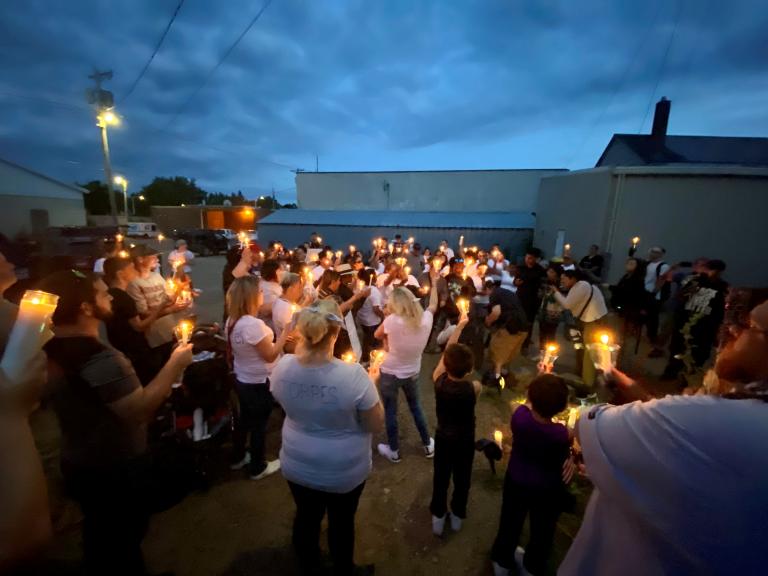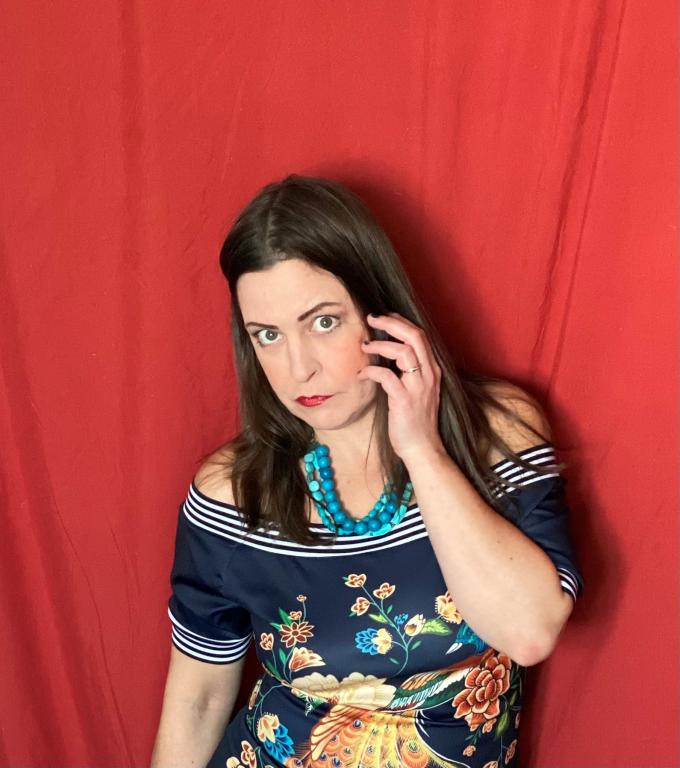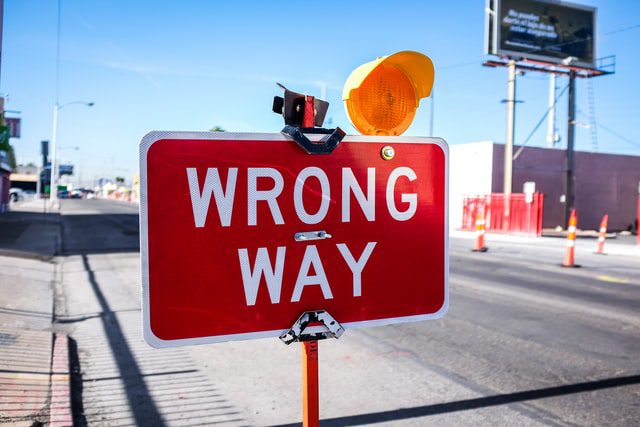
Have you ever considered the notion that TV broadcast came to be as a way to test the program-ability of humans? What if we have been programmed all our lives to portray certain scenes when similar conditions presented themselves? What if we are all programmed to act out the antiquated roles of good versus evil? Cop versus robber? Democrat versus Republican? What if we knew we had a choice to respond to life’s unfortunate circumstances in an entirely developed, and dare I say, erotic, way?
I don’t want to tell anyone how to grieve when a loss has occurred. I don’t want to tell anyone that the way they are handling their grief and anger is “wrong.” I would like to admonish the citizens of this community to consider that, while we may have obvious programming tendencies, we can challenge ourselves to respond to the program in a whole new way. We don’t have to imitate what we see on the screens.
As a viewer of the live stream from Ricardo Torres Jr.s’ candle-light vigil, I saw firsthand how deep the programming runs. As the scenes unfolded, it was as if you almost suspected what was going to happen next, and then it would. As though you had seen that scene a dozen times before— which you have. Each reactive actor played the roles perfectly. And, as expected, even the commentator of the live stream said his lines as rehearsed. Down to the anti-Trump rhetoric, the assumption that all police officers are racist, and the assumption that because a small town is predominantly white, it must mean everyone hates black and brown people. Was I the only one that thought that was a bit too scripted?
Did I see a Trump flag waving? No, but I did see United States flags waving, but that doesn’t mean the individuals driving were in fact, Trump supporters. I don’t recall anyone interviewing the drivers to confirm their political preferences. But, everyone must play their role. What better way to attract a crowd for attention could there be? Loud trucks and US flags racing by during a peaceful vigil. Not at all for viewers and likes, right? Did they have to hold auditions?
Oh what a dull, drab, and boring summer it has been in rural Minnesota, am I right? Why not provide a free theatrical display of the desperate need for validation? There were so many actors to choose from, but it seems the individuals in the most need of validation showed up, happy to smile for the live feed. You heard them, with the revving of their engines and screeching of brakes, they needed that attention the most. Did you take your bow before the audience? Are you waiting for an encore?
The scripts have been repeated throughout history, and still, they are so riveting and spectacular when we see them acted out again. The drama continues to unfold, and someone is sure to grip your attention for another anti-climactic scene of redundancy. What’s more redundant is the lack of creative and restorative solutions following any crisis. Instead, lines are drawn, sides are chosen, and we create a new, but antiquated, “us versus them” model.
I wonder if we are ready for something more conscious, developed, and mature? I wonder if we are ready to be a community that evolves erotically through grief? Maybe this community can establish a new and encouraging model for others to imitate. Maybe we can heal in a more intimate, relational way?
Grief is a very erotically charged experience. I know that sounds not only contrary, but crude to juxtapose the two ideas, but hear me out. First, I don’t know a lot about grief, but I have recently cycled through the stages of grief, and I recognized that there is a terrible model available to us to use to manage grief and it’s only perpetuating it. It’s emotional exploitation. Which runs quite deep in the programming models streamed to us every day.
The program encourages us to feel so justified by our emotions that we don’t have to take personal responsibility for our actions that follow. And during a crisis that is now calling for accountability through the justice department, we must not shrink from individual responsibility at all. We cannot let programs exploit our emotions for attention currency.
Grief is erotically charged because it’s so fully confronted within all the dimensions of our lives. It blatantly impacts our emotional, mental, sexual, social, and spiritual environments. It forces us to feel every emotion through all five senses. Tragedy smells different, loss tastes different, crisis sounds different. Pain feels different. Death looks different.
And on the flip side, sex and intimate connections offer the exact same full confrontation of naked truth. The senses are blatantly overwhelmed, and every dimension of life is altered.
However, even though we are grieving, even though we are scared, even if we fear something worse will happen, even if we are defending someone we care about; we must not let just our emotions be the ruling agent of our actions. These become emotions without context—so they become emotional chaos. This is the very antithesis of eroticism.
That which is erotic encompasses the space between chaos and order. Erotic individuals are actively choosing and fully aware and authentically intentional of the actions that follow from their emotions. Erotic emotions are delivered in a rational, reflective, responsible manner. They flow from the heart.
“For it is out of the abundance of the heart that the mouth speaks.” (Luke 6:45b, NRSV)
When we develop our erotic emotional intelligence, we can speak our truths rather than expressing our fears. The emotional chaos that we grant ourselves permission to express during a life-disrupting event is a part of the program model. We imitate it. We imitate it because we don’t want to look scared and unprepared for how to handle death. Because ultimately…we all fear death. That is one truth we collectively share, whether conscious or unconscious.
Another truth is that no one actually knows how to experience a crisis until they are actively involved in one. And even then, how the heck do you even articulate your emotions into sentences that make sense? We shouldn’t have an expectation of what grief will feel like or even look like when (if) acted out. We shouldn’t expect to know how we would react in any situation that we haven’t actually experienced. No two experiences are ever alike. They cannot be.
The final truth I will address before closing is this: We are all One. We are all connected. We are all experiencing an impact from the events of Independence Day in Olivia. And not one of our emotional experiences is “invalid” or “wrong”. Emotions cannot be measured against one another. That is truly unjust. There is no right and wrong way to experience grief or shock. Let us not point to the speck in the eye of another whilst forgetting the plank in our own eye. This is not a time for judgment, but a time for grieving, a time to heal.
We mustn’t exploit our emotions on behalf of any belief or ideology that pits us against one another. We don’t have to fall for the program. We can seek understanding by being quick to listen and slow to respond. We can validate our emotions without putting them into potential, regrettable action. We can consider the circumference of our consequence; will the expression of my emotions cause harm or healing? I hope we choose for healing, because that too, is erotic.












